Prime Minister Joseph Muscat may have a reputation of handling his audiences with great care but his latest remark during Reno Bugeja’s Dissett on TVM has exposed his vulnerability of shooting from the hip when under pressure.
Replying to Bugeja’s questions on the state of the economy, the Prime Minister lashed out that “thanks to my pro-business intervention that soon after becoming Prime Minister I saved the economy from collapse, saved the banks from collapse and I will repeat that had we not intervened depositors would have lost all their savings.” A clip from the programme can be viewed on independent.com.mt with the Prime Minister’s words being: “L-impenn tieghi u ta’ dan il-gvern li huwa pro business u ser jibqa` pro business, ix-xoghol tieghi wara li salvajna l-ekonomija minn falliment, salvajna lill-banek minn falliment u din ser inkompli nghidha li n-nies li gemmghu xi haga li kieku ahna ma ghamilna xejn kienu ser jitilfu kollox.”
The Malta Independent newsroom took the Prime Minister’s words to task and contacted Malta’s top financial institutions to check if Joseph Muscat’s words on national television had any truth or bearing.
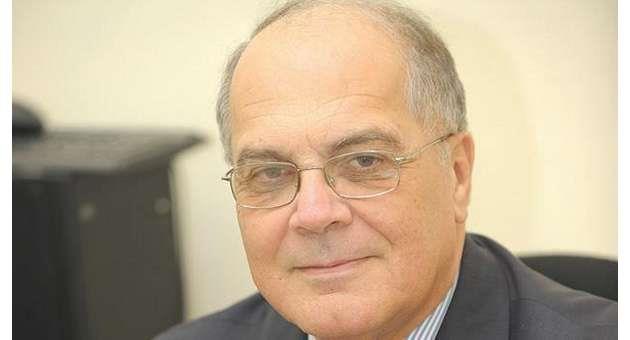
Malta Financial Services Authority’s Chairman, Professor Joe Banister promptly quipped that “in Malta the banking system is very good and had the banks needed any sort of state intervention or bail out, Malta would have had to go to the EU Commission and the European Central Bank to inform them that they needed help. This would have also placed the Commission and the ECB in a position whereby a public statement would have been issued immediately after the decision is taken.” Asked if there had been any need for state intervention, Professor Banister said, “There was never the need for any bank to ask for a bail out or state aid.”
In its routine report on the state of the economy of Malta, the EU Commission had said that the local banks were sound, and that their ‘conservative’ policies guaranteed their solid financial state of affairs.
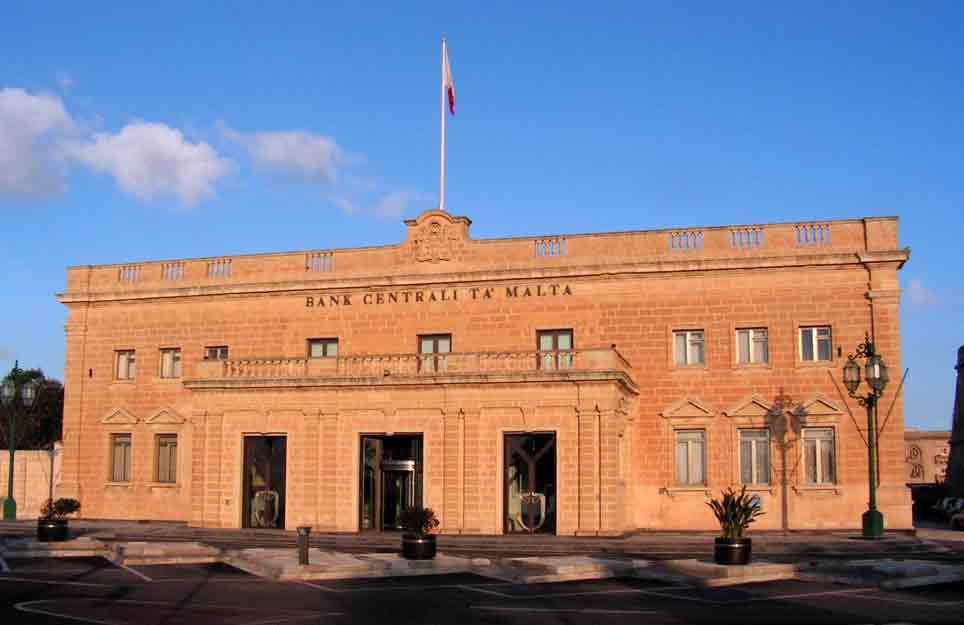
The immediate reaction of the Central Bank was that they preferred not to be drawn into what they described as a ‘political controversy’. But when we pointed out that the Prime Minister’s words imply that his government had to bail out the banks, they not only cooperated but also replied to our questions in full disclosure of the facts. On its behalf, the Central Bank of Malta asked that we use the totality of its replies.
Asked to describe the banking sector in Malta during the past five years, the Central Bank said that “soundness and resilience of the Maltese banking sector are supported by the currently buoyant macroeconomic conditions, which enable borrowers to more easily meet their financial obligations. As signified by the exit from the Excessive Deficit Procedure, the government’s finances are healthy, so that domestic public sector securities on our banks’ balance sheets are very safe assets. The domestic banks rely on stable domestic retail deposits as their main funding source and they generally practise a prudent business model.
“The stability of the banking system is confirmed by various financial soundness indicators which comfortably satisfy regulatory thresholds and compare well with their European counterparts. In addition, the World Economic Forum’s Global Competitiveness Report 2015-2016 ranked Malta in the top fifteen countries in terms of the soundness of the banking system and in the top twenty in terms of strength of auditing and reporting standards.”
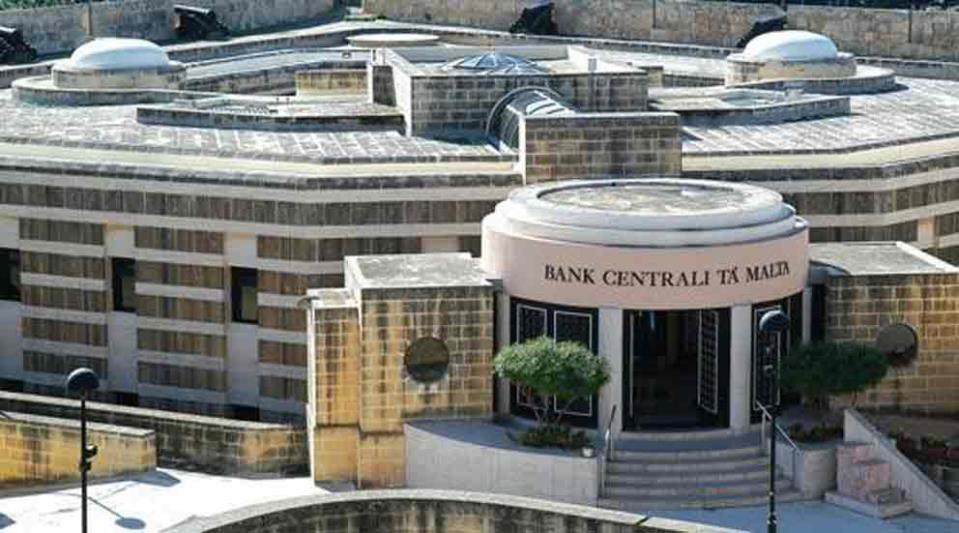
Asked to confirm or deny if the banks in Malta needed any assistance from the state during the period, the Central Bank said that “in some other countries, government subventions to troubled banks were a big burden on the public sector’s finances. The resulting downgrading of government debt jeopardised the banks’ balance sheets, which in certain instances required further government help.
“In Malta, this vicious circle never happened and no government assistance was needed. However, the financial situation of state-owned Enemalta could have raised serious concerns on the banks and the government itself. The main domestic banks had very high exposures on Enemalta and losses from a potential default by Enemalta would have wiped a very sizeable part of their capital and reserves.
“If Enemalta’s trading performance had not been turned around it would have required the lending banks to make provisions for non-recoverability or to claim under the sovereign guarantee where this was held as collateral. It is worth noting that a Credit Rating Agency (CRA) had already downgraded Malta on the basis of the contingent liability posed by this corporation. The government took measures that strengthened the financial position of Enemalta, improved its business performance and mitigated the contingent liability risk on the government. This has averted any further downgrades by CRAs which would have had serious consequences on the economy. In addition, the overall credit rating of Malta’s sovereign debt was put on a more robust footing with the Central Bank’s engagement of an additional CRA, which ranked Malta in the A category.”
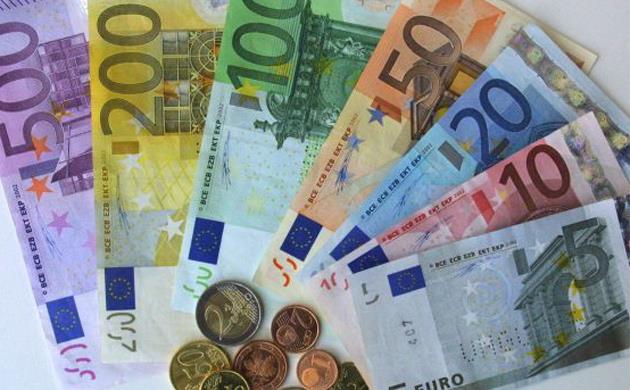
So were the savings of depositors at any time in jeopardy, we asked:
“No,” the Central Bank replied. “But policies implemented by the Government, the Malta Financial Services Authority (MFSA) and the Central Bank were essential for the preservation of financial stability.”
This newsroom asked the Central Bank what actions it took during the past five years to safeguard the financial sector in Malta.
“The banking crisis in Cyprus carried the risk of contagion and presented a particular challenge, as speculation spilled over to other European countries with relatively large financial sectors, particularly as speculators lumped countries in the southern periphery in one group.
“In various public fora, the Central Bank of Malta cooperated with the Government in informing the markets and the general public about the substantial differences between the two banking systems. In particular, there was always a clear separation in Malta between international banks – that are profitable – with virtually no connection with the Maltese economy, and the core domestic banks. In Cyprus, on the other hand, the international banks were facing significant losses and had significant links with the domestic economy.
“Banks in Malta are characterized by adequate capital buffers, significantly above the minimum regulatory requirements. To enhance even further the robustness of the banking sector, in the beginning of 2016, the authorities introduced two macro-prudential capital buffers, one for Systemically Important Institutions, while the other consists of the Countercyclical Capital Buffer.
“Furthermore, an important institutional development involved the formation of the Joint Financial Stability Board (JFSB), set up in 2013 jointly by the Central Bank of Malta and the MFSA. “The Board monitors and issues recommendations on any issues of a macro or micro-prudential nature that may impact on domestic financial stability. The Minister for Finance attends JFSB meetings.”
Following the Prime Minister’s remark on Dissett, The Malta Independent also asked the Governor of the Central Bank to confirm or deny if the banks in Malta had required any state intervention or bail out.
“There was no need for a state intervention or bail outs unlike some other euro area countries which had to rescue banks under their national supervisory structures, and needed external assistance to do so,” the Central Bank said. “Moreover, systemic risk has been mitigated further with the launch of the Single Supervisory Mechanism and the Single Resolution Mechanism which provide supervision on a broader scale and enhance the resolution mechanism in case of need.”
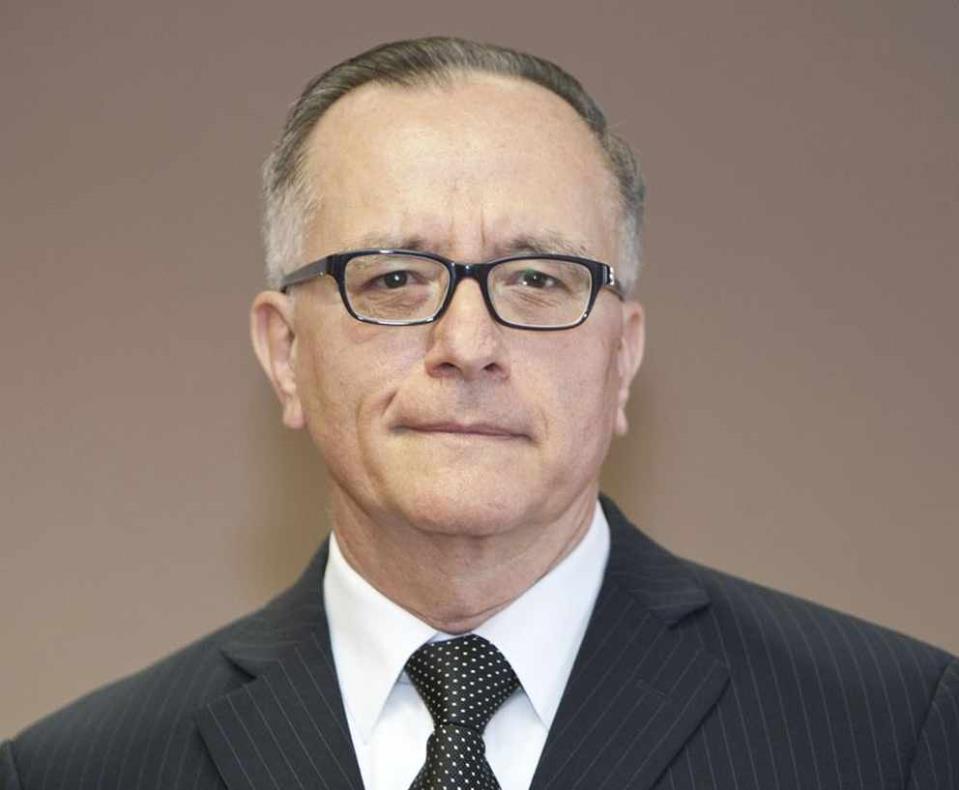
This newsroom sent the same set of questions to Malta’s leading banks. While HSBC asked for more time to issue its replies, and Banif Bank did not offer any, Bank of Valletta’s Chairman John Cassar White confirmed that the bank he chairs did not need any bail out and that depositors’ money was never at risk.
Asked to describe the banking sector in Malta during the past five years, Mr Cassar White said: “The banking sector in Malta in the last two years has has seen a major emphasis in managing our risks in a more effective way. This is mainly the result of the main local banks falling under the Single Supervisory Mechanism of the ECB. Put simply, today Maltese banks, like other European banks, are being made aware that they need to manage their risks much better than ever before to avoid dangerous situations as was faced by some major European banks in the last decade.”
So did the bank need any assistance from the State during the period, as stated by the Prime Minister?
“BOV, as everyone knows, did not need state aid but the ECB regulators have made it amply clear that the bank, like most other banks, needs to manage its risk much more effectively than it has ever done before. We are doing this by de-risking our balance sheet and operations and by increasing our capital to act as buffers to cater for any inherent risks that may already be built in our business model. Some of the risk areas that we are tackling relate to business that was undertaken by the bank several years ago.”

Once Mr Cassar White confirmed that BOV never needed a state bailout, we asked whether the savings of depositors were, at any time, in jeopardy. In his reply, Mr Cassar White said, “Depositors of up to €100k are covered by the deposit guarantee scheme. But many of our depositors hold much more money on their accounts. Our regulators have made it amply clear that the Board is primarily responsible to focus on the interest of all depositors especially now that the 'bail in' concept has been introduced. This means that if the bank, like any other bank, faces solvency problems, depositors will be roped in to make good for any losses before state aid is made available to rescue the bank. The Board of the bank takes this obligation very seriously as we are aware that our risk management function’s aim is to prevent putting our depositors’ money in jeopardy.”
Mr Cassar White pointed a finger at his predecessors who, according to him, may have taken risky decisions in the past. He said, “Risk of losses lurk in many sectors of our operations and some of these risks may relate to decisions that may have been taken years ago. It is our duty today to manage these risks to safeguard depositors’ interests.”
When asked, what actions have been taken during the past five years to safeguard the financial sector in Malta, he said, “We are continuously working to de-risk our business. We are not in the business of avoiding risks but of managing it. This means that the process of deciding which business to underwrite is becoming more onerous. This can unfortunately mean that we sometimes have to refuse to take on certain business and to delay giving definite replies to customers knocking on our door. But this is a necessary evolvement to avoid the bank exposing itself to reputation risk by taking on unacceptable business. We try to explain this to our customers because growth at all costs is certainly no longer a viable business model.”
In an attempt to be sure whether the Prime Minister’s claim during Dissett was true or false, we stressed with Mr. Cassar White: Did you require any state intervention or bailout?
Once again he pointed a finger at ‘past decisions’, which according to him added unwarranted risk. However he did not make any reference to the bank’s decision to give an unsecured guarantee to Electrogas during the past two years. “We have managed the risks inherent in our business including that which was the result of past business decisions sufficiently well. Luckily some decisions that were taken at a national level, especially in the energy generation sector, defused the dangerous situation we were facing. Rating agencies had expressed certain serious concerns about substantial concentration of lending to certain local utilities and the fact that a substantial part of this concentration was on an unsecured basis. The situation today is much better as these utilities are performing much better than they ever did in the last several years. Had these developments not happened, we would have found ourselves in a very unpleasant situation,” said Mr Cassar White, clearly deflecting the question.